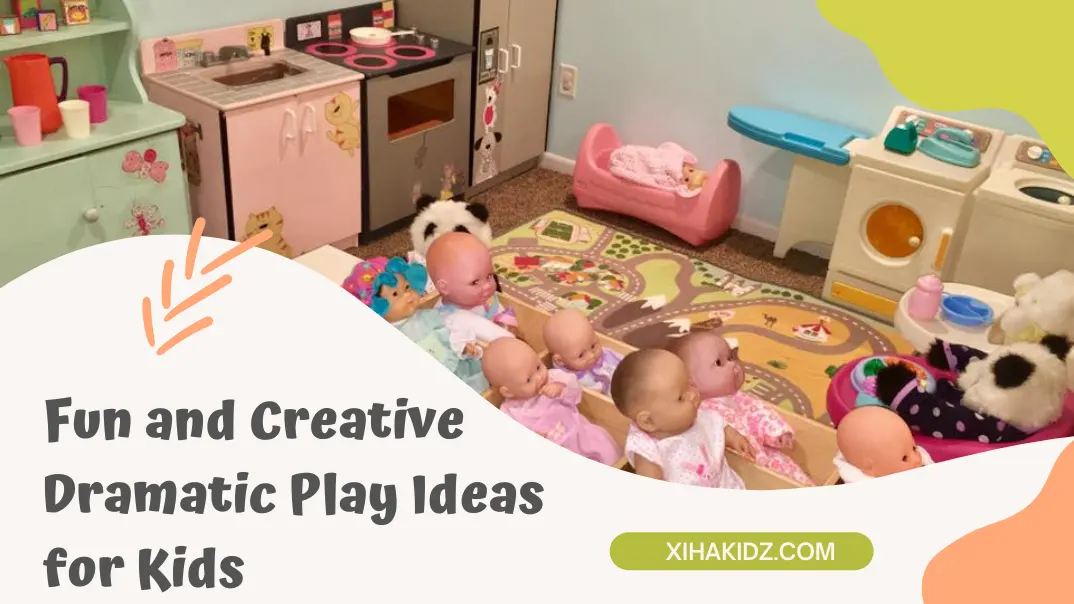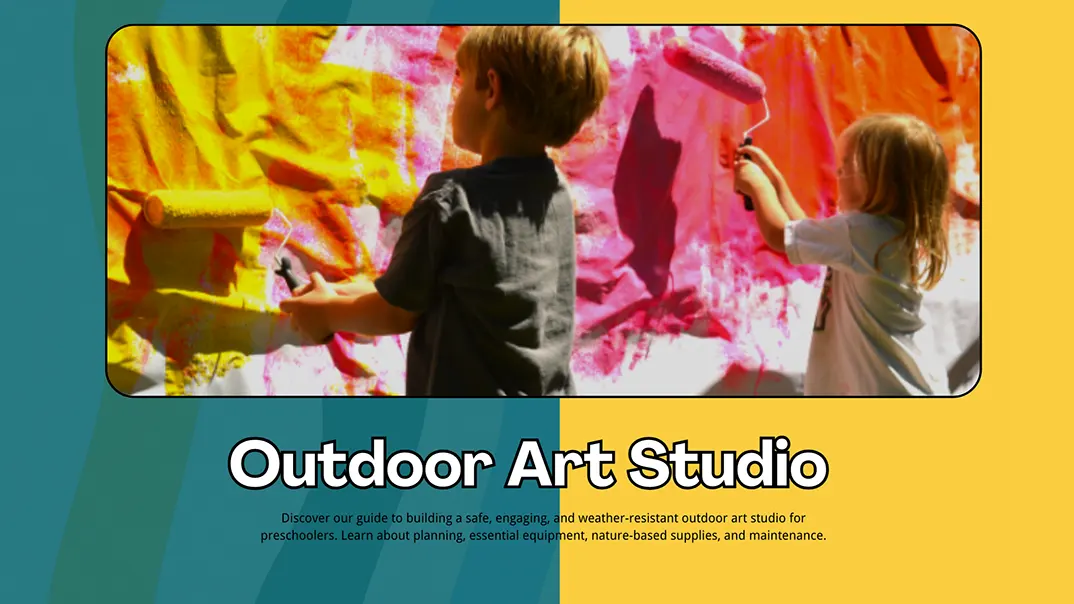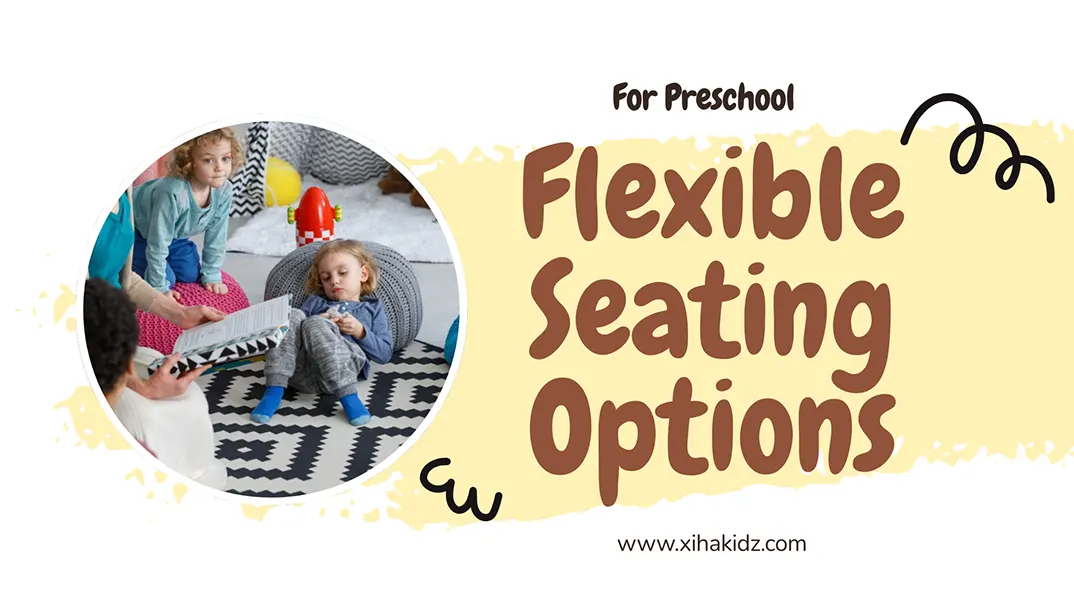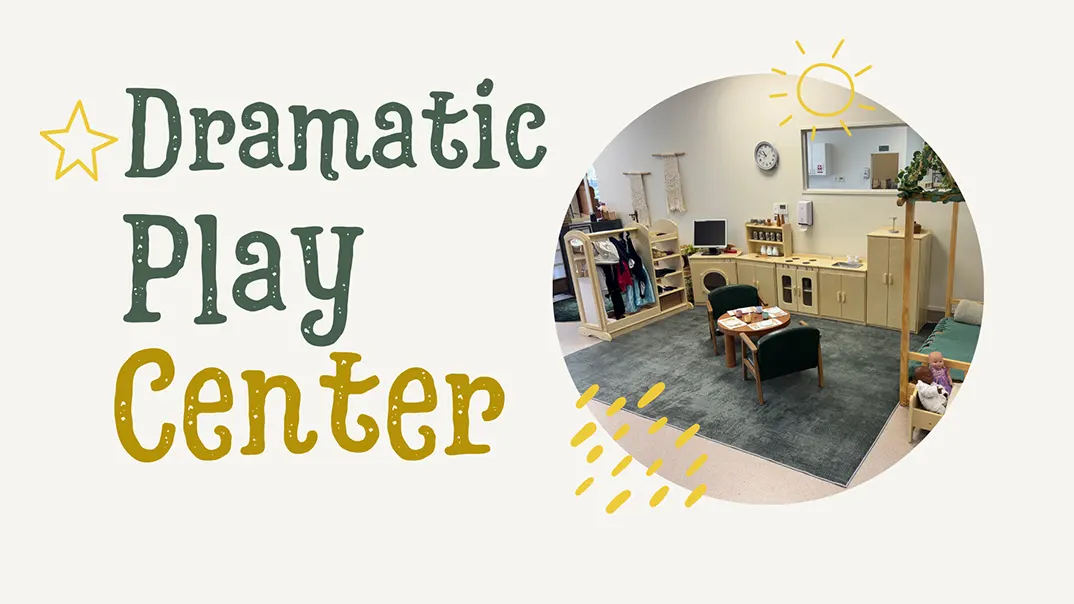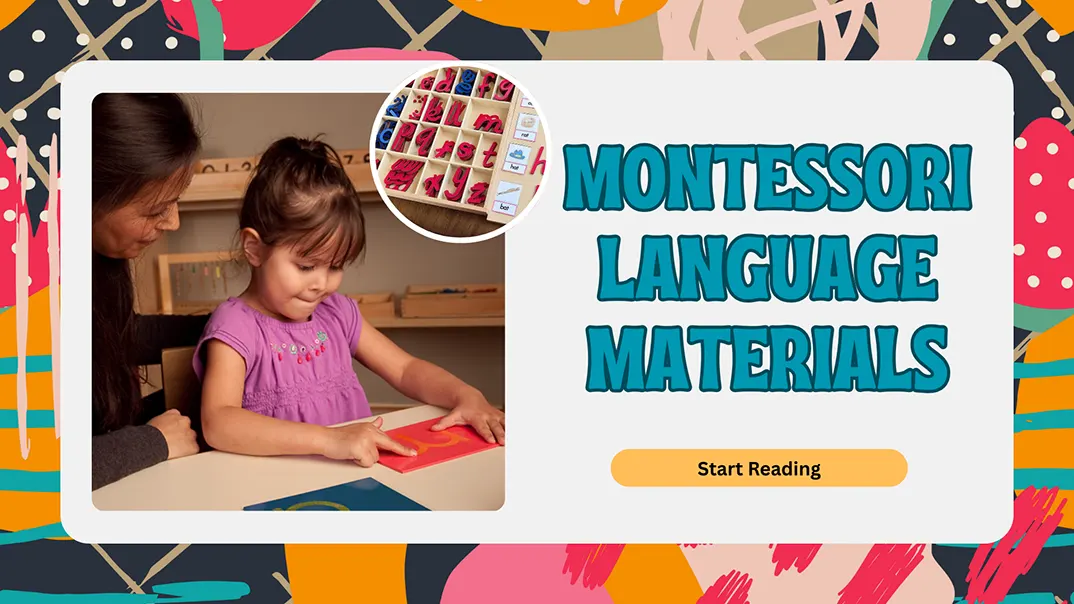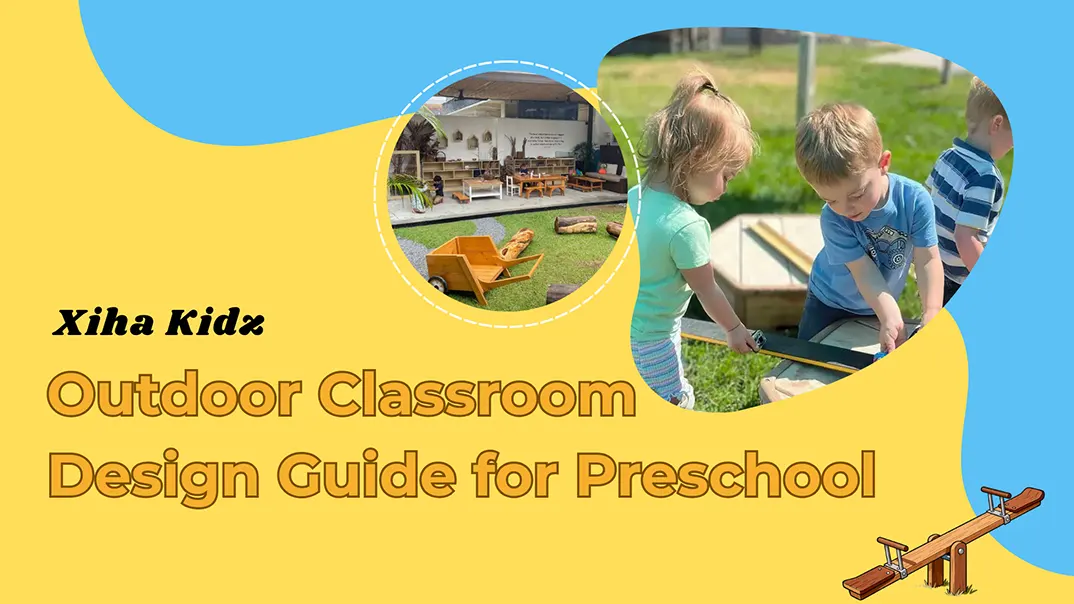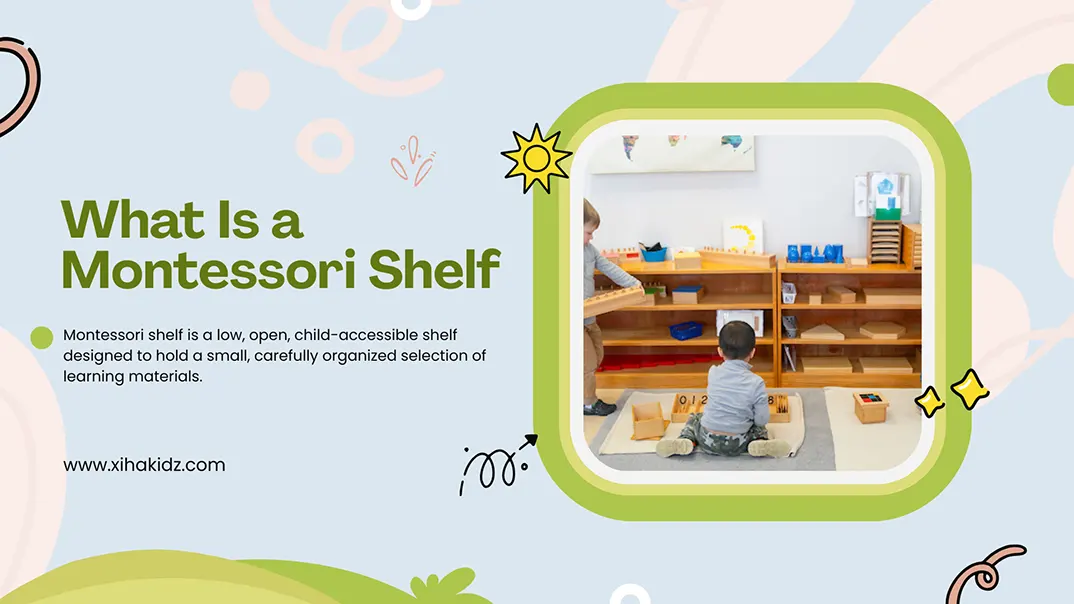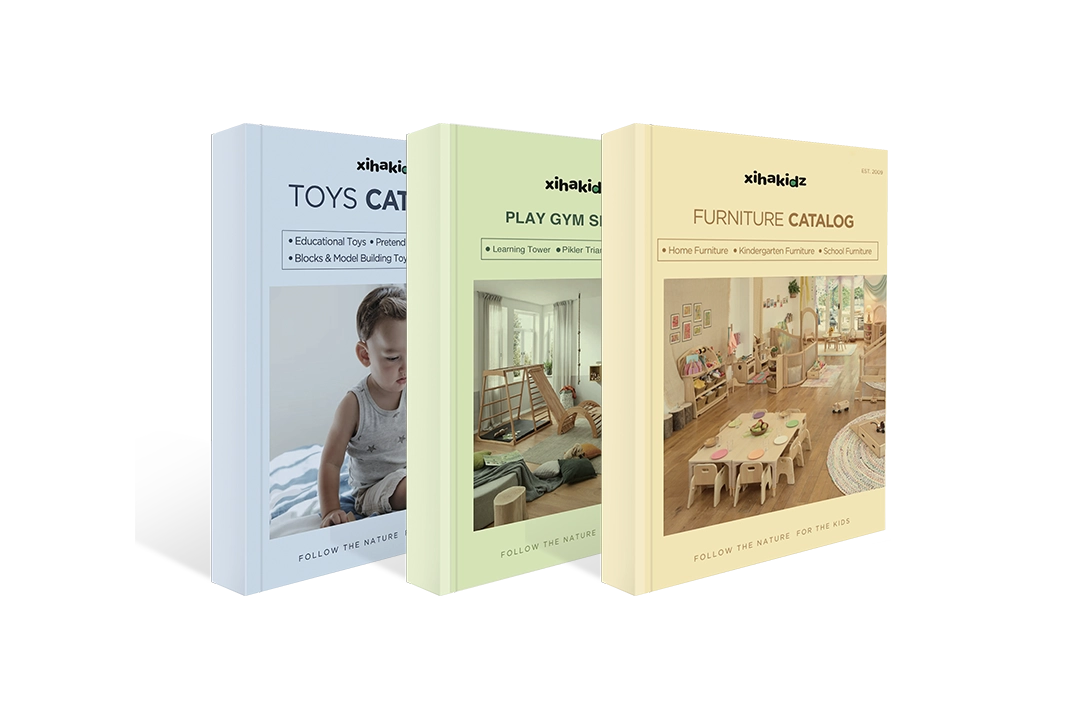As parents, teachers, and caregivers, we often underestimate the power of dramatic play ideas in children’s development. Pretending to be someone else or exploring new scenarios can significantly shape a child’s cognitive, emotional, and social skills.
Dramatic play is an essential activity that allows children to explore different roles, scenarios, and emotions through imagination. It’s a type of play where children act out real-life situations or create new stories using everyday objects or costumes. This play helps children improve cognitive skills, social abilities, and emotional intelligence while having fun.
Wondering how dramatic play for preschoolers can benefit your child? Please keep reading to discover why it’s essential to early childhood development and how to integrate it into your child’s routine.
What is Dramatic Play?
Dramatic play refers to imaginative role-playing where children step into different roles, using their creativity to act out scenarios and narratives. Through dramatic play ideas, children can immerse themselves in different roles, such as parents, doctors, firefighters, or even imaginary characters, allowing them to learn new concepts, vocabulary, and social skills.
One of the most appealing aspects of dramatic play is its versatility. Whether you are setting up a dramatic play area in a preschool or at home, it is easy to incorporate everyday items into play scenarios.
Setting up a dramatic play area allows children to practice problem-solving, enhance their social skills, and experiment with different perspectives. Dramatic play is fundamental in early childhood dramatic play ideas, where children start exploring the roles of adults and the world they interact with.
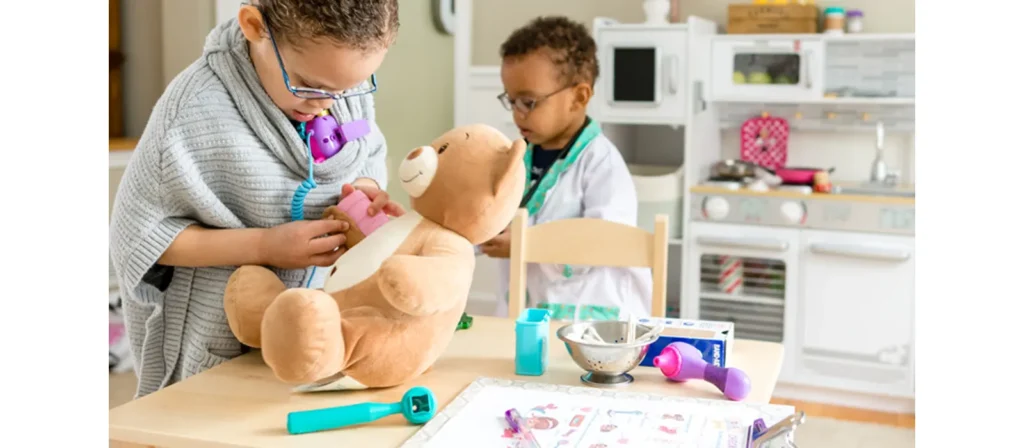
What Can Children Learn When Playing Dramatic Play?
Dramatic play is far more than just fun—it’s an opportunity for children to develop vital skills. Here are some key benefits children can experience:
1. Improve Imagination
Dramatic play ideas encourage kids to use their imagination, helping them step outside of their usual world and create something entirely new. Whether it’s pretending to be a superhero or a baker in the dramatic play kitchen, children explore new ideas and scenarios, improving their pretend play ideas. This fosters creativity, problem-solving, and flexibility in their thinking.
2. Expand Vocabulary
Dramatic play is a rich environment for language development. When children act out roles like teachers, parents, or doctors, they use new vocabulary and phrases they might not encounter in everyday conversation. Dramatic play ideas for preschoolers can include pretend scenarios like setting up a flower shop dramatic play or running a fire station. Dramatic play introduces them to words associated with these professions.
3. Enhance Self-Regulation
Children can practice patience, turn-taking, and following rules by pretending to be in various roles. Dramatic play center ideas often require children to wait their turn, listen to others, and share resources. These activities promote emotional self-regulation, helping children to control their impulses and navigate social interactions better.

4. Improve Social Skills
In dramatic play area ideas for preschoolers, children typically interact with others meaningfully. Whether pretending to be a team of firefighters or building a structure in outdoor dramatic play ideas, children learn to cooperate, communicate, negotiate, and problem-solve with their peers. These social interactions are fundamental for developing empathy and effective communication.
5. Attention Span
Unlike typical structured activities, dramatic play ideas for toddlers and preschoolers allow children to immerse themselves in the activity for extended periods. Because the play is driven by imagination, kids are often captivated for long durations, naturally improving their attention span and concentration.
6. Problem-Solving Skills
Dramatic play often presents children with challenges they must overcome. For instance, a dramatic play kitchen may present the challenge of cooking a meal with imaginary ingredients. In contrast, a post office dramatic play scenario may require sorting and delivering letters. These activities allow children to practice critical thinking and creativity to solve problems, making dramatic play a rich avenue for cognitive development.
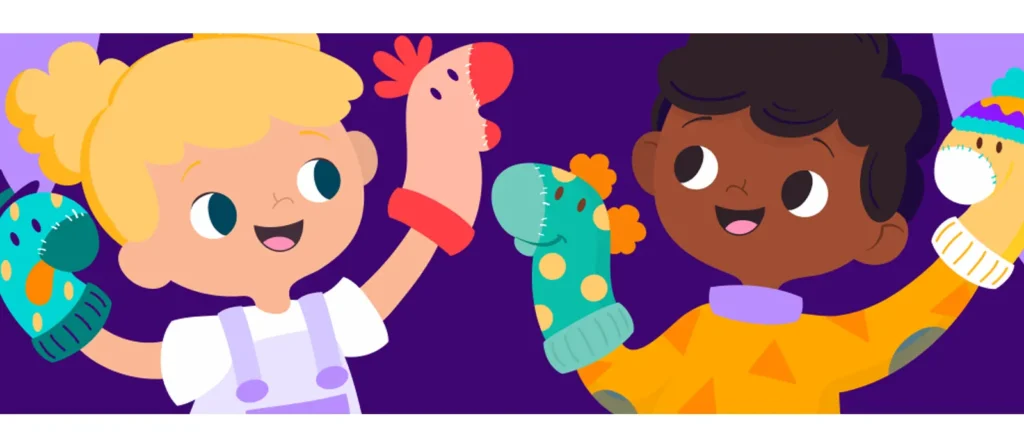
Types of Dramatic Play
Several types of dramatic play can engage children in various ways. Whether in a dramatic play center or at home, different setups offer unique learning experiences. Below are some ideas for different types of dramatic play:
1. Family Imitation
Pretend play is a great way for children to understand family dynamics. In a dramatic play area, they can imitate everyday roles like being a parent, sibling, or pet. Playing house can reinforce concepts like nurturing, caregiving, and teamwork. Preschool dramatic play ideas in this category also promote learning about responsibility and the various roles contributing to family life.
2. Occupational Role Play
Occupational role play is a fantastic way to introduce children to different jobs and professions. Ideas for dramatic play area setups can include stations like a fire station dramatic play area, a post office dramatic play, or a flower shop dramatic play scenario. These setups allow kids to act out professional roles, helping them understand the value of work and gain early exposure to diverse careers.
3. Animal Play
Children love to pretend they are animals. Whether it’s wild animals in a zoo or house pets at home, this dramatic play encourages movement, physical activity, and creativity. Children might pretend to be lions, monkeys, or bugs, exploring animal behavior while developing coordination and empathy. It’s a fun way to teach kids about the animal kingdom.
Transform Your Classroom with Custom Furniture Solutions
4. Construction Play
Construction play is one of the most engaging forms of dramatic play, where children use blocks, Legos, or even household items to build structures. They act out different scenarios as they build, pretending to be engineers, architects, or workers. This can also be linked to the preschool classroom theme, like setting up pre-k dramatic play center ideas where they create cities, towns, or even imaginary spaceships.
5. Transportation Play
Transportation play is popular for outdoor dramatic play ideas, from trains to airplanes to cars. Children can pretend to drive cars, conduct trains, or fly planes, learning about how transportation works while using their imagination to create travel scenarios. Dramatic play ideas for kindergarten or preschoolers can include a bus station dramatic play or even a pretend airport, teaching kids about the world of travel.
6. Social Drama Play
Social drama play often involves more complex scenarios where children engage in intricate social interactions. This could include scenes like classroom dramatic play ideas, where they play the roles of students and teachers. This type of dramatic play helps children practice social rules, develop conflict-resolution skills, and learn how to navigate different emotions.
Transform Your Classroom with Custom Furniture Solutions
7. Heroic Behavior
Children love to pretend they are superheroes, save the day, or fight villains. Dramatic play ideas for toddlers and older kids can include themes like superheroes, where children create their characters and save the world. This type of play is empowering and helps kids develop resilience, leadership, and teamwork.
What is the Difference Between Role Play and Dramatic Play?
Although role play and dramatic play are often used interchangeably, the two have subtle differences. Below is a table outlining the key differences:
| Aspect | Role Play | Dramatic Play |
|---|---|---|
| Definition | Acting out a specific role or scenario | Unstructured and free-flowing, allowing children to invent their roles and scenarios |
| Structure | Typically structured with defined roles | Unstructured and free-flowing, allowing children to invent their own roles and scenarios |
| Focus | Emphasis on mimicking real-life roles | Focus on creativity, exploration, and imagination |
| Examples | Pretending to be a doctor, teacher, etc. | Playing a pirate ship adventure, being superheroes, or building a magical kingdom |
| Learning Outcomes | Focuses on understanding specific roles or professions | Encourages problem-solving, imagination, and social interaction |
As you can see, while role-play is often more structured, dramatic play is a broader, more open-ended activity that allows children to explore a variety of scenarios. Both types of play are important for child development, but dramatic play ideas for kindergarten provide greater opportunities for creativity and socialization.
17 Themes of Dramatic Play Ideas
Dramatic play fosters creativity, social skills, and emotional development. By introducing theme-based dramatic play, you can provide your child with a rich, immersive experience that engages them on multiple levels. Here, we’ll explore 17 themes of dramatic play ideas perfect for different age groups, from toddlers to school-age children.
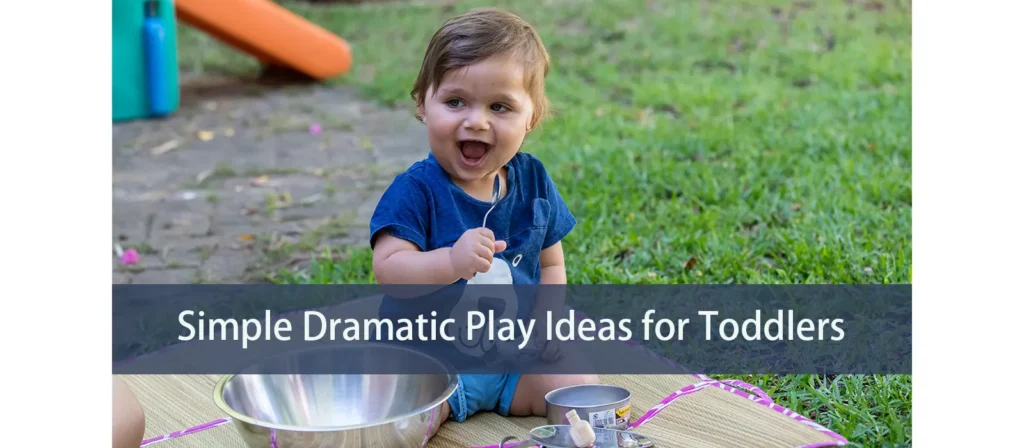
Simple Dramatic Play Ideas for Toddlers (Ages 1-3)
Dramatic play for toddlers can be simple but extremely impactful. Toddlers are just beginning to learn how to interact with their environment and others. Dramatic play ideas should focus on role imitation and basic actions at this stage. Here are a few ideas for simple yet meaningful dramatic play ideas for toddlers:
1. Kitchen Play
A simple kitchen set with pots, pans, and pretend food can encourage toddlers to imitate cooking. Dramatic play kitchen ideas help them understand daily activities while improving their fine motor skills as they grasp spoons, open cabinets, and pour water.
2. Animal Play
Toddlers love to pretend they are animals! Whether barking like a dog or flying like a bird, this type of play stimulates imagination and motor skills. Encourage toddlers to imitate different animals, complete with sounds and movements. Animal dramatic play helps children learn about different species and boosts creativity.
3. Family Play
Pretending to be family members such as parents, siblings, or pets is essential for toddlers to mimic the family roles they experience in their real lives. This builds their social understanding and helps them develop a sense of identity within their family structure. Family dramatic play sets, like toy dolls or stuffed animals, can be useful here.
Transform Your Classroom with Custom Furniture Solutions
4. Transportation Play
Cars, trucks, and trains are fascinating for toddlers. Children can use toys to simulate transportation, explore movement, and learn new vocabulary associated with different vehicles. A dramatic transportation play area could be set up with toy cars or trains and simple road signs for fun.
5. Dress-Up Play
Providing costumes such as hats, scarves, and simple clothes can lead to fun and creative scenarios. Children can pretend to be different family members or beloved characters, allowing them to explore various roles.
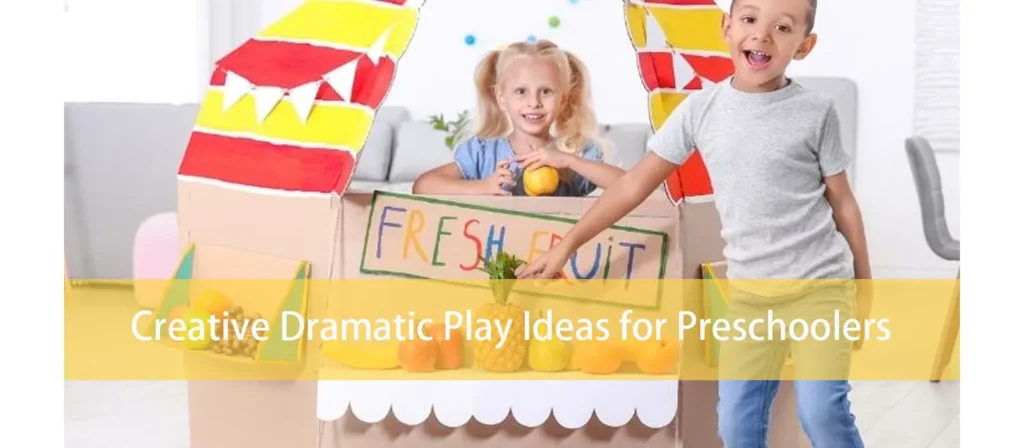
Creative Dramatic Play Ideas for Preschoolers (Ages 3-5)
At the preschool age, children’s imagination and social awareness are blossoming. They can handle more complex scenarios and enjoy collaborative play. Here are a few creative dramatic play ideas for preschoolers that tap into their growing curiosity and creativity:
1. Post Office Play
Set up a post office dramatic play center with toy envelopes, letters, and stamps. Preschoolers can take turns being the postmaster, sorting mail, and delivering it to different “houses” or corners in the room. This scenario helps develop basic reading and writing skills and understanding community and service.
2. Grocery Store Play
Set up a mini grocery store in your dramatic play area with toy food, shopping carts, and cash registers. Grocery store dramatic play ideas encourage preschoolers to practice counting, sorting, and basic math as they “buy” and “sell” goods. Practicing social skills like taking turns and conversing politely is also fun.
3. Doctor’s Office Play
Kids love pretending to be doctors or patients! You can set up a pretend hospital with stethoscopes, bandages, and doctor kits in a doctor’s dramatic play area. This play theme helps children understand medical routines and encourages empathy as they care for their “patients.”
Transform Your Classroom with Custom Furniture Solutions
4. Space Exploration Play
Encourage your preschoolers to pretend they are astronauts exploring outer space. They can pretend to fly rockets, discover planets, and engage in intergalactic adventures using space-themed toys. Dramatic play space ideas spark an interest in science and exploration while expanding vocabulary related to space travel.
5. Superhero Play
Every child loves to pretend to be a superhero. Set up a dramatic play center with capes, masks, and pretend gadgets. They can act out saving the world or protecting their community, boosting self-confidence and moral development.
6. Fire Station Play
With dramatic play ideas from the fire station, children can pretend to be firefighters, using costumes, a toy hose, and helmets. This teaches about teamwork and bravery while offering a fun way to explore the role of a first responder.

Fun Dramatic Play Ideas for School-Age Kids (Ages 6+)
Children are ready for more advanced and structured dramatic play ideas as they age. Kids can create more complex scenarios at this stage, often involving multiple characters and elaborate settings. Here are some engaging ideas for school-age children:
1. Restaurant Play
Set up a mock restaurant in the classroom or at home where kids can pretend to be chefs, waitstaff, or customers. Use menus, pretend food, and cash registers to create an authentic experience. This type of dramatic play encourages teamwork, communication, and an understanding of customer service and etiquette.
2. Detective Play
In detective play, children become mystery solvers, investigating clues to solve a puzzle or crime. Provide magnifying glasses, “evidence,” and case files for them to follow as they work in teams. This dramatic play setup enhances problem-solving skills and critical thinking as kids analyze clues and solve puzzles together.
3. Historical Role Play
Older children can also be capable of recreating historical events or role-playing famous historical figures. For example, they can pretend to be explorers, soldiers, or political leaders, reenacting key historical moments. This dramatic play enhances social studies knowledge while connecting deeply to history.
Transform Your Classroom with Custom Furniture Solutions
4. Newsroom or TV Show Play
Set up a “newsroom” or pretend TV station where children can create and present news stories. They can take turns being the anchor, camera operator, and interview subjects. This not only encourages creativity but also enhances speaking skills and confidence. It’s also great for kindergarten students to practice dramatic play ideas in groups.
5. Pirate Play
Creating a pirate ship with cardboard, props, and treasure maps can provide hours of entertainment. Kids can pretend to be pirates searching for treasure, battling enemies, and learning to work together as a crew. Pirate dramatic play ideas foster teamwork, imagination, and storytelling skills.
6. Theater Play
Encourage children to create their short skits or plays. They can dress up as characters, build sets, and perform for an audience, helping develop their communication, public speaking, and creative writing skills.
How to Prepare for a Dramatic Play Center?
Creating a dramatic play center at home or in the classroom can be rewarding by engaging children in imaginative activities. Preparing the right setup ensures the dramatic play area is fun and educational. Here’s how you can prepare:
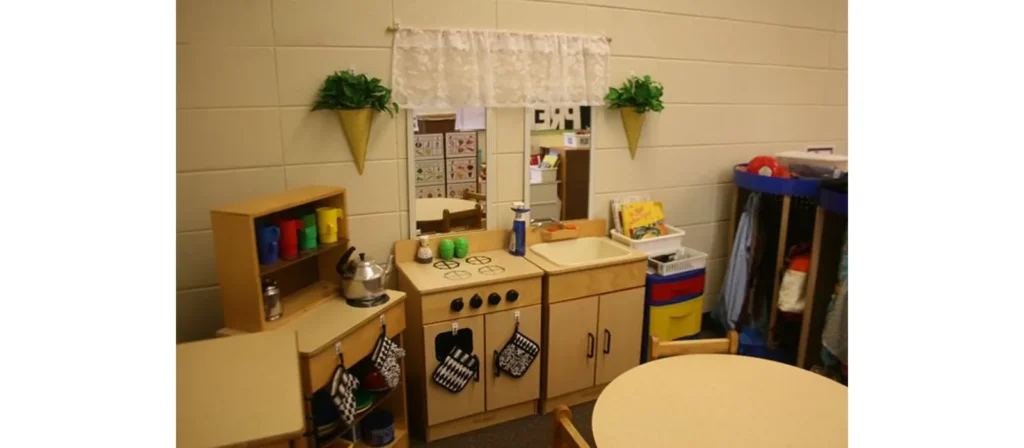
1. Choose a Theme
Decide on the dramatic play center ideas that will interest the children. For example, a dramatic play kitchen can teach cooking skills, while a post office dramatic play setup helps teach communication. Choose a theme that aligns with your children’s interests.
2. Gather Supplies
You’ll need props and costumes that match the theme. For a restaurant play, collect toy food, menus, and aprons. For a fire station dramatic play setup, include firefighter hats, hoses, and boots. Don’t forget to incorporate safety equipment where necessary.
3. Design the Space
Create a space that feels like the setting you want to replicate. For example, set up a counter, fake flowers, and vases for a dramatic play flower shop. Use colorful rugs or dividers to delineate areas for different play scenarios.
4. Provide Role-Specific Materials
To enhance the experience, ensure each child has the tools they need for their role. For example, a doctor’s office provides stethoscopes, doctor’s coats, and fake medical charts in a dramatic play.
5. Encourage Open-Ended Play
While providing some initial guidance or structure is helpful, encourage children to take the lead in the play. Let them choose the roles, storylines, and how the play unfolds. Open-ended play promotes creativity, problem-solving, and social interaction, key benefits of dramatic play for preschoolers.
6. Set Up a Schedule
Organize the activities flow and rotate the roles to ensure all children can explore different positions. This helps promote turn-taking and social interaction, key elements of dramatic play ideas for preschoolers.
7. Observe and Intervene
As children play, observe their interactions. Offer guidance to help them expand their play or resolve conflicts. Sometimes, adding new props or scenarios can inspire further creativity.
8. Rotate Themes
Consider rotating different dramatic play themes throughout the month to keep things fresh and exciting. This could include seasonal themes like winter or fall dramatic play ideas for preschoolers, ensuring there’s always something new to discover.
Transform Your Classroom with Custom Furniture Solutions
Conclusion
Dramatic play ideas offer endless possibilities for kids to explore, learn, and grow. Whether engaging in dramatic play for toddlers, creating a dramatic play center for preschoolers, or offering complex themes for school-age kids, dramatic play is essential for cognitive, social, and emotional development. By providing children with opportunities to take on different roles, you foster their creativity, teamwork, and problem-solving skills while having fun.

